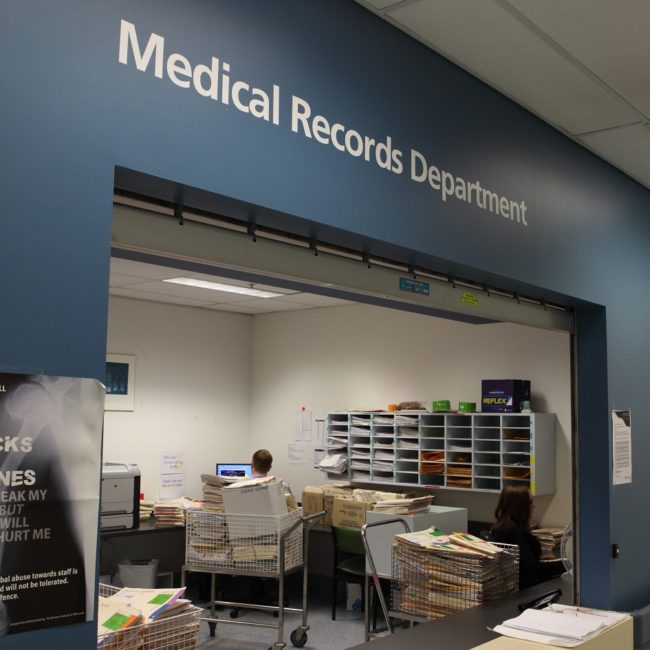Data Extraction from Electronic Health Records for a Chest Pain Clinical Data Registry: The Chest Pain DECoDeR Study
Grant ID: EMRS-65R29-2018
Project Summary
Patient health records contain a significant amount of information through each episode of care provided at a healthcare facility. However, due to the unstructured nature of the clinical information in each record, the clinical data is not readily accessible for research or administrative use unless an expensive and time-consuming manual process is used. Methods of data extraction through various algorithms are available but require training and testing a dataset of annotated health records.
To address this issue, my key aim is to generate structured clinical data from previously inaccessible and unstructured electronic records. I am attempting to develop a process of automatically extracting clinical data from electronic records of patients who present with chest pain to emergency departments in Queensland. The clinical data extracted will be composed of the documented cardiac risk stratification for each patient and major adverse cardiac events.
To develop this data extraction process, an annotation scheme was designed using a widely accepted standardized reporting guideline. Using the annotation scheme, emergency clinicians annotate patient records to produce an annotated dataset for both training and testing machine learning algorithms.
Video/Presentations
SHARE




